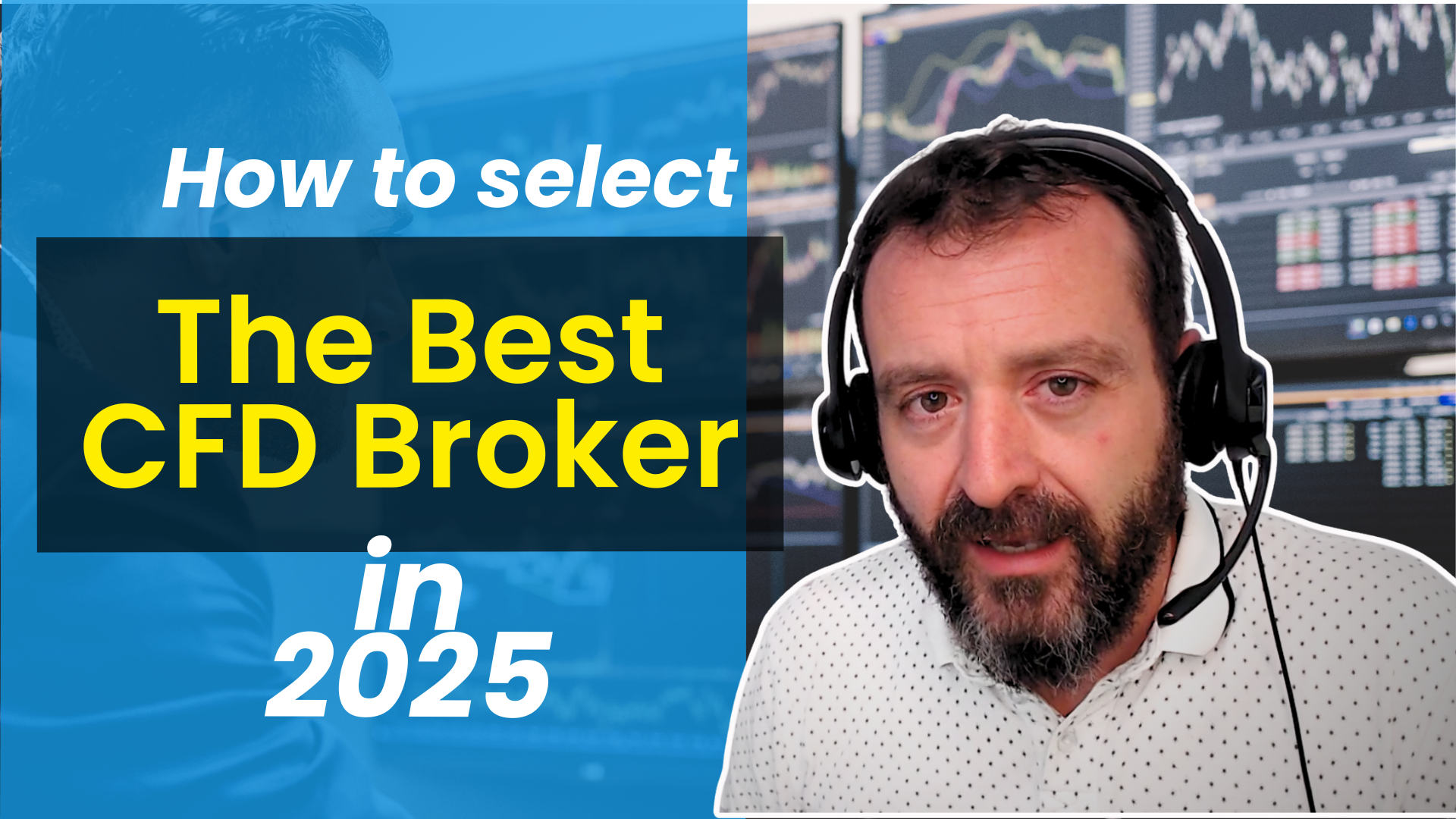📊 How to Choose the BEST CFD Broker in 2025 | Top 7 Tips + Free Checklist
Published on July 0, 2025
Whether you're just starting out or looking to switch brokers, choosing the right Contract for Difference (CFD) broker can make or break your trading journey. With so many options available, it’s easy to get overwhelmed — but with the right criteria, you can find the perfect match for your trading style.
In this guide, we’ll walk you through the 7 most important factors to consider when selecting a CFD broker and provide a free downloadable checklist to help you compare brokers side-by-side.
✅ 1. Regulation & Fund Safety
The first and most important factor is regulation . Always check if the broker is regulated by top-tier authorities like:
- FCA (UK)
- CySEC (EU)
- ASIC (Australia)
- CFTC / SEC (US)
Regulated brokers are required to follow strict financial standards, transparency rules, and client protection policies. Look for features like segregated accounts, which ensure your money is kept separate from the broker’s operational funds.
🖥️ 2. Trading Platform Quality
Your trading platform is your control center. The most popular platforms include:
- MetaTrader 4 (MT4)
- MetaTrader 5 (MT5)
- cTrader
- Proprietary platforms offered directly by some brokers
Ask yourself:
- Is the interface user-friendly?
- Does it support automated trading (EAs)?
- Is there a mobile version?
💰 3. Fees & Costs
Many traders focus only on spreads, but several other costs can eat into your profits:
- Spreads – the difference between buy and sell prices
- Commissions – some brokers charge per trade
- Swap rates – overnight fees
- Withdrawal fees
- Inactivity fees
A broker might offer tight spreads, but hidden fees could cost you more in the long run.
📈 4. Tradable Assets
What do you want to trade? Different brokers specialize in different markets:
- Forex: EUR/USD, GBP/JPY, etc.
- Stocks: Apple, Tesla, Amazon
- Indices: S&P 500, NASDAQ, FTSE 100
- Commodities: Gold, Silver, Oil
- Cryptocurrencies: Bitcoin, Ethereum
Make sure your chosen broker offers the assets you’re interested in — and ideally with strong liquidity.
⚖️ 5. Leverage & Margin Requirements
Leverage allows you to control large positions with small capital — but it also increases risk.
Common leverage ratios:
- 1:30 (standard for EU clients)
- 1:100
- Up to 1:500 (for offshore brokers)
Beginners should stick to low leverage (e.g., 1:10–1:20). Experienced traders should understand margin calls and stop-out levels.
📞 6. Customer Support Quality
Customer support is often overlooked — until you need help fast. Look for:
- 24/7 live chat support
- Phone and email assistance
- Multilingual support
Before depositing real money, send them a test question and see how quickly they respond.
🧪 7. Demo Account Availability
Never skip this step. A demo account lets you:
- Test the platform without risk
- Practice your strategy
- Check execution speed
- Try customer support
Some brokers offer limited-time demos, while others give unlimited access.
🎁 Bonus Features That Add Value
While not essential, these features can enhance your experience:
- Educational resources (webinars, tutorials)
- Copy trading / Social trading
- Market research tools (economic calendar, news feeds)
- Mobile app quality
- Auto-trading support (EAs and bots)
